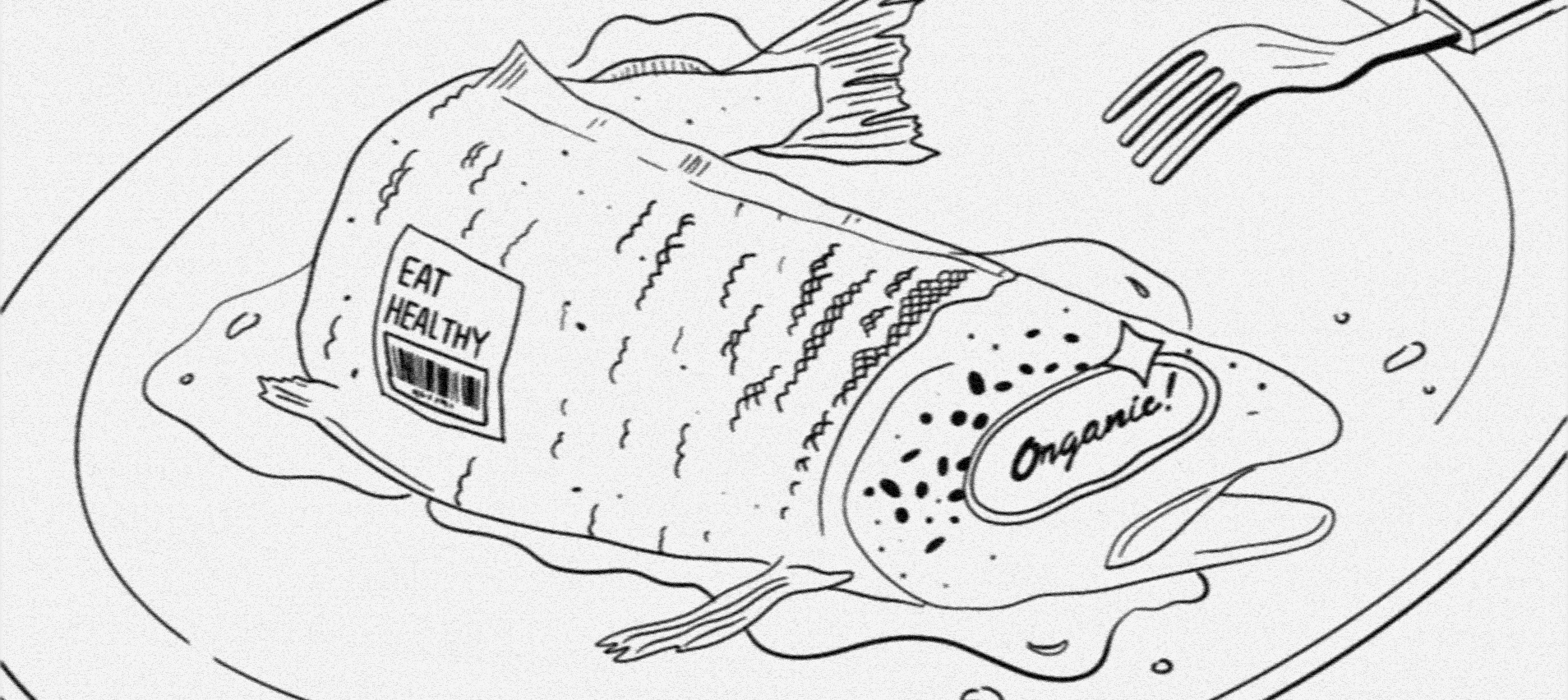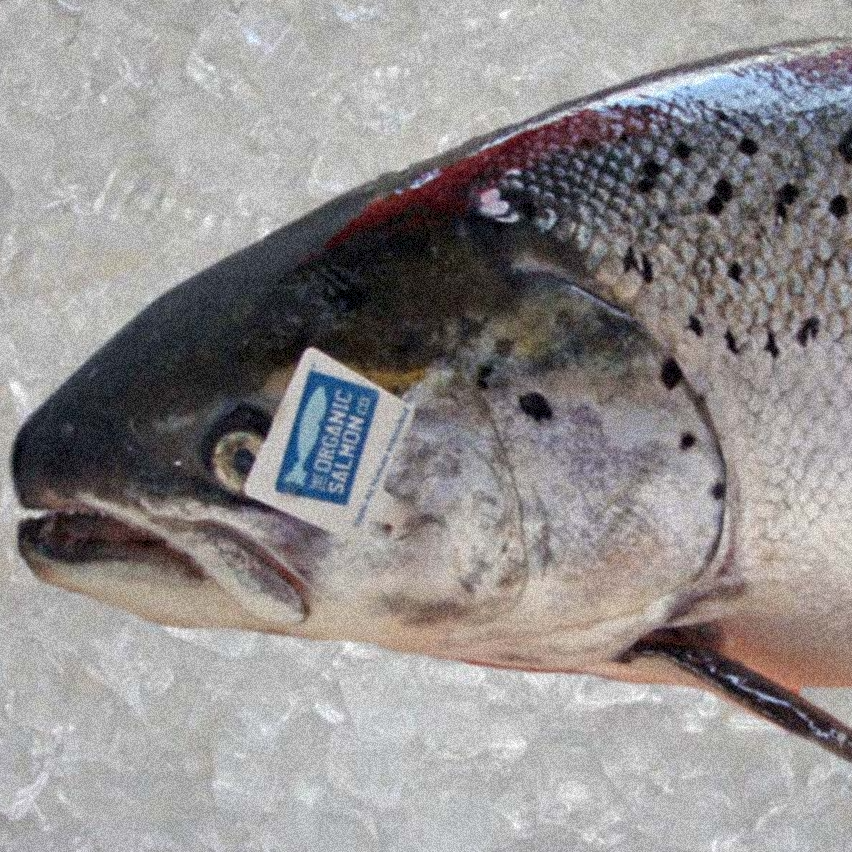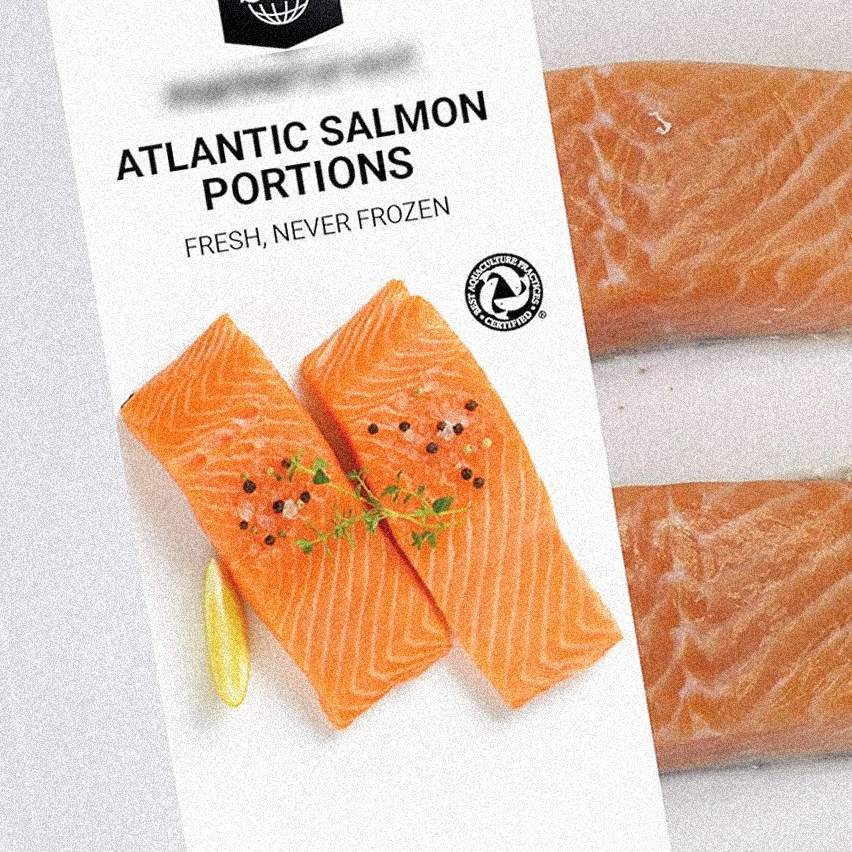Don’t be fooled by their smart wording.
It is time to share the truth.

09.02.2024
ARTICLE BY THE GSFR
Fake Labels on “Organic” Scottish Salmon
The British body that certifies food in the UK as organic has been accused of misleading consumers over its labelling of Scottish farmed salmon.
Rachel Mulrenan, WildFish’s Scotland director, a UK based independent charity, said: “So-called ‘organic’ Scottish salmon is a misnomer. The fish are raised in the same way as all Scottish farmed salmon – in open-net cages, where all the waste from the farm flows straight into the surrounding lochs and sounds, including faeces and uneaten feed.”
She said that salmon farms certified as organic are permitted to use highly toxic chemicals, which could kill surrounding wildlife. They also use wild-caught fish to produce feed and for parasite control, with unknown environmental impacts, she claimed.
INDEX
1. In the marine waters of the Northwest, these orca whales prey exclusively on fish—and not just any fish: salmon, and preferentially Chinook, the biggest salmon in the Pacific. In this, these orcas (sometimes called Southern Residents) have plenty in common with some of the other longtime native residents of this place: the Lummi Nation.
2. In the Lummi language, the local orcas are called Qwe ‘lhol mechen.
3. When the Lummi first came to this Douglas fir and cedar cloaked land and its glacially carved bays and inlets, the Southern Residents were here to greet them.
More than 30 of our members signed an open letter directed towards The Soil Association UK. The letter emphasises critical concerns with the Soil Association Organic certification for Scottish farmed salmon, advocating for substantive changes.


The truth is that dishonest eco-labels in farmed salmon companies is not only a UK problem, most farmed salmon brands around the world claim to be “sustainable”, “organic”, “healthy” even when they are far from it.
If you want to read more about this subject, the link to The Guardian’s latest article will be in our stories, alongside with the Open Letter sent and the new standards for UK organic aquaculture.”
Don’t be fooled by their smart wording.
It is time to share the truth.

